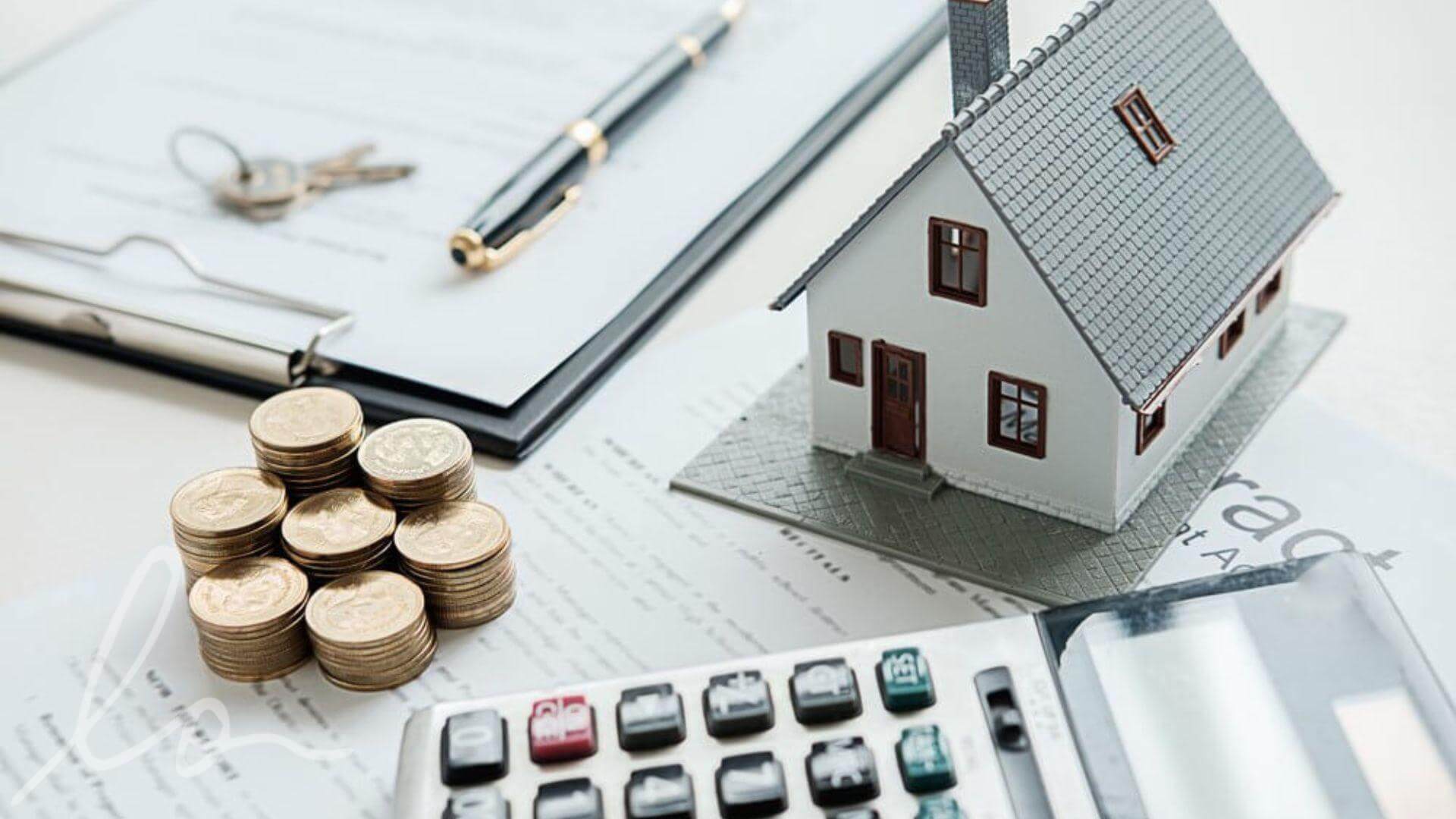3 Things You Need To Know When Financing a Property in Dubai

Many foreigners and expats were hesitant to purchase real estate in the Middle East a few years ago. Middle Eastern locations are now the best choices for purchasing properties, especially Dubai. Many foreigners opt to purchase a home in Dubai in order to reside overseas. Dubai Marina, Palm Jumeirah, Jumeirah Lakes Towers (JLT), Downtown Dubai, Business Bay, and recent constructions like Emaar Beachfront are the most well-liked investment locations.
The fact that house prices in Dubai increased by 21 percent in late 2021 is evidence of the market’s expansion, and foreign demand is anticipated to drive up prices even higher this year, according to a Reuters poll of real estate analysts. This might be the ideal opportunity for many overseas investors or expats to buy property in the nation as a source of passive income.
How to fund your property purchase is, nevertheless, one of the most important topics you will need to address, just like with any other real estate transaction. The possibility of obtaining a home loan mortgage in Dubai becomes relevant in this situation. Here are three fundamental concepts concerning financing real estate that you should understand before moving on.
- Your borrowing limit will be determined by your residence and homeownership status
One of the factors to consider when deciding how to finance a property as an expat is your loan limit. This will decide how much money you’ll need for a down payment. As an expat, your maximum borrowing limit is 80% of the property’s worth, however UAE residents can borrow up to 85% of the property’s value. This, however, is subject to a number of circumstances, including your income, credit score, and the value of the property you seek to finance.
For example, homes with a market value of AED 5 million or more typically have a maximum LTV value of 75% for Dubai natives and 70% for expatriates.
- Learn About the Different Types of Mortgages Available
Expats in Dubai may easily obtain several forms of house loan mortgages to assist them finance their property objectives. It is important that you spend some time researching the various types of financing accessible to you before making a property finance selection. In the UAE, you can apply for a fixed-rate or variable-rate mortgage. Most variable-rate mortgage offers are for 5 years, but fixed mortgages are often for 25 years.
The interest rates for each choice will also differ. Mortgage rates have recently been around 3%, but they are expected to climb in the next year. As a result, many purchasers may be attracted by the assurance of a fixed-rate mortgage. Also, if you currently own a house and want to finance a second home or an investment property, you may be able to secure a favorable mortgage arrangement.
“This number has already calmed down with primarily new purchasers entering the market,” says Micheal Hunter, co-founder of Holo. If you already have a mortgage and want to take out a second mortgage or refinance your house, your loan-to-value will be 65 percent for Emiratis and 60 percent for expatriates.”
- Consider the Additional Home Purchasing Costs
Another factor to consider (and one that many homebuyers overlook) is the higher expenditures associated with purchasing a house in Dubai. Most international buyers choose to buy freehold houses from developers, which demand a 10% deposit. However, there are transfer and closing costs to consider. Those acquiring property in Abu Dhabi or Dubai, for example, must pay a 2% transfer fee to the Dubai Land Department. This is in addition to your real estate agent’s 2% commission. This will be determined by the reason for purchasing a house in Dubai.
Finally, don’t rush through the home-buying process. Buying and financing property overseas may be difficult, so it is always best to take your time learning about your alternatives before taking the plunge. You will be off to a good start if you are well-informed about your financing alternatives while purchasing a house in Dubai.


